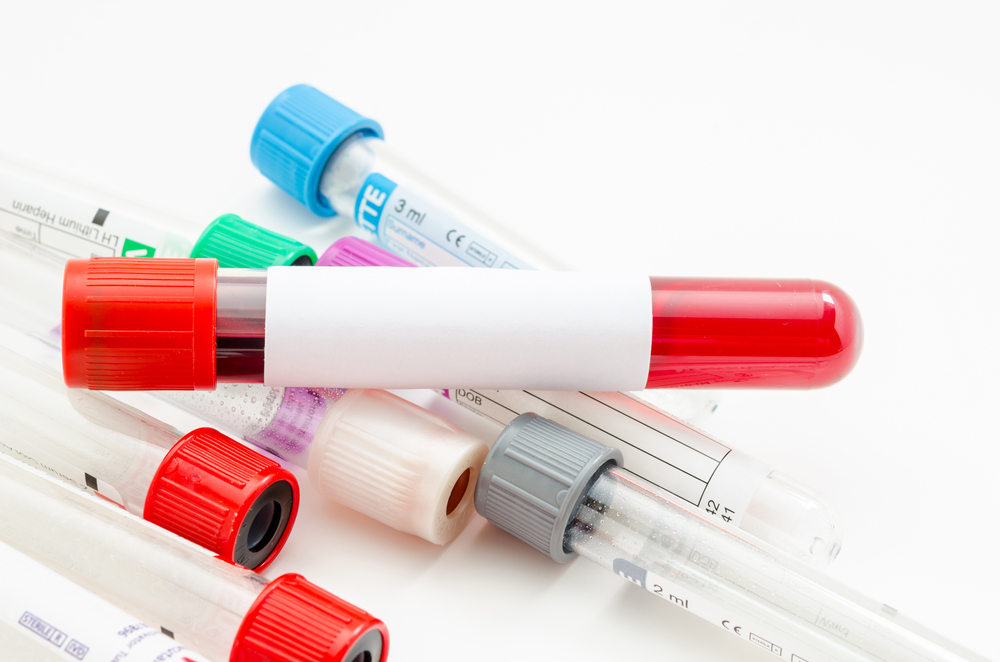A patient was being treated for hypertension, with significantly elevated systolic blood pressure. Systolic blood pressures(BP) were running in the 150-160 range. Hydrochlorothiazide was the drug that was chosen to help treat the elevated BP. The dosing was 25 mg daily. After a couple of weeks, the blood pressures were lower by about 10-15 points, and follow up kidney labs and electrolytes were stable. Hydrochlorothiazide is a “thiazide” diuretic, real original I know. About a month later, this patient had an acute gout flare and a uric acid level was checked and elevated. Allopurinol was added to treat the elevation in uric acid. What was missed however, was that hydrochlorothiazide can have this adverse effect of causing uric acid levels to increase.
Hydrochlorothiazide and Elevated Uric Acid

3 Comments
Trackbacks/Pingbacks
- Probenecid Clinical Pearls - Med Ed 101 - […] increased on account of probenecid. When it comes to drug interactions, also keep an eye out for drugs that…
Submit a Comment Cancel reply
This site uses Akismet to reduce spam. Learn how your comment data is processed.
Written By Eric Christianson


Please be more specific about:*HCT dose and duration, *previous history of elevated Uric acid if available, *current Uric ac.levels etc,so we can really suspect the connection
You really want to investigate if other alternatives to hydrochlorothiazide are available if uric acid is elevated and someone is having gout attacks. Certainly if a patient is having attacks and uric acid is elevated as well, we need to look at other options.
If diastolic was normal, could be volume mediated hypertension. NON-DHP would be the next choice assuming no drug interactions or contraindications. If not volume mediated, ACEI/ARB would be the best based on the limited information present.